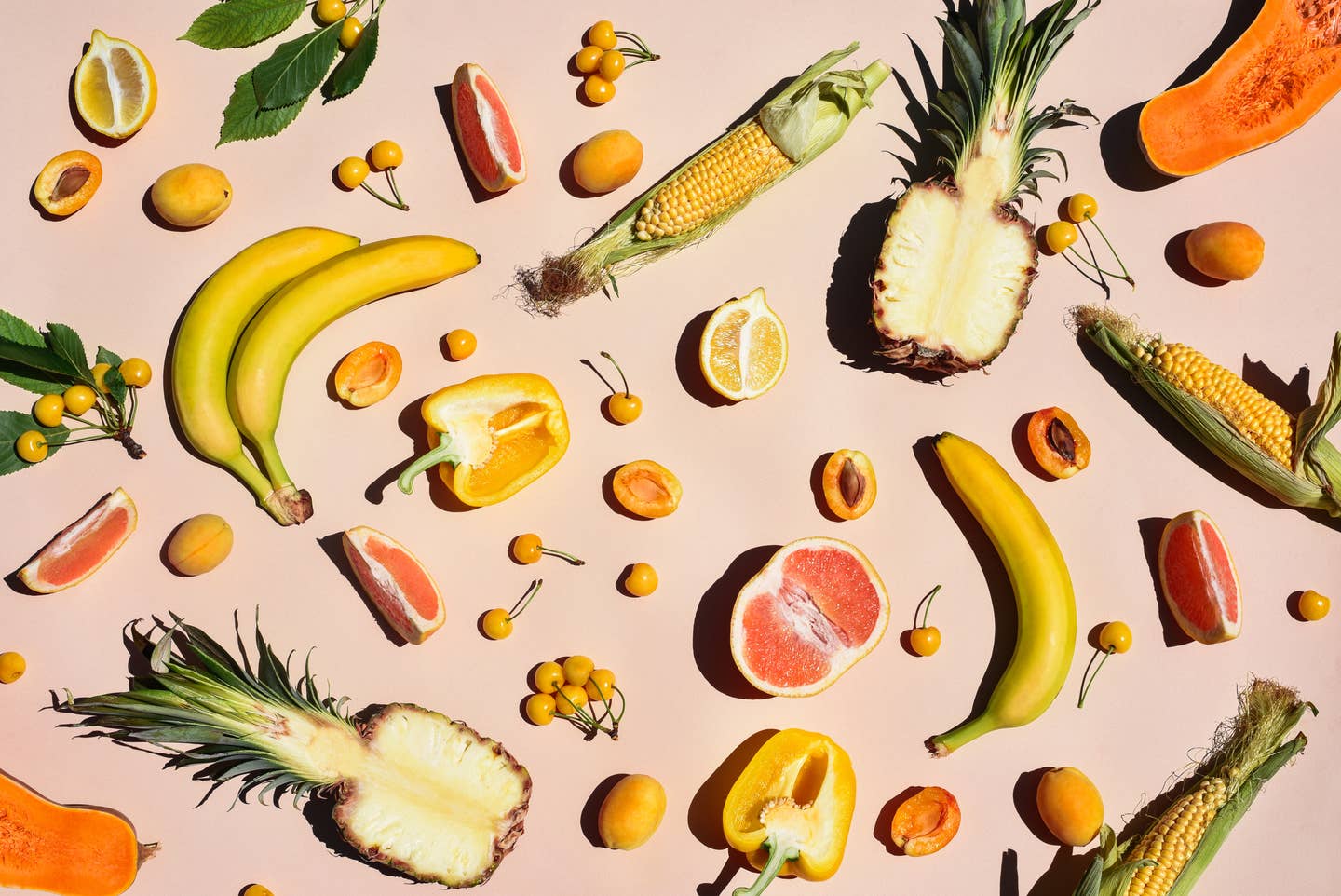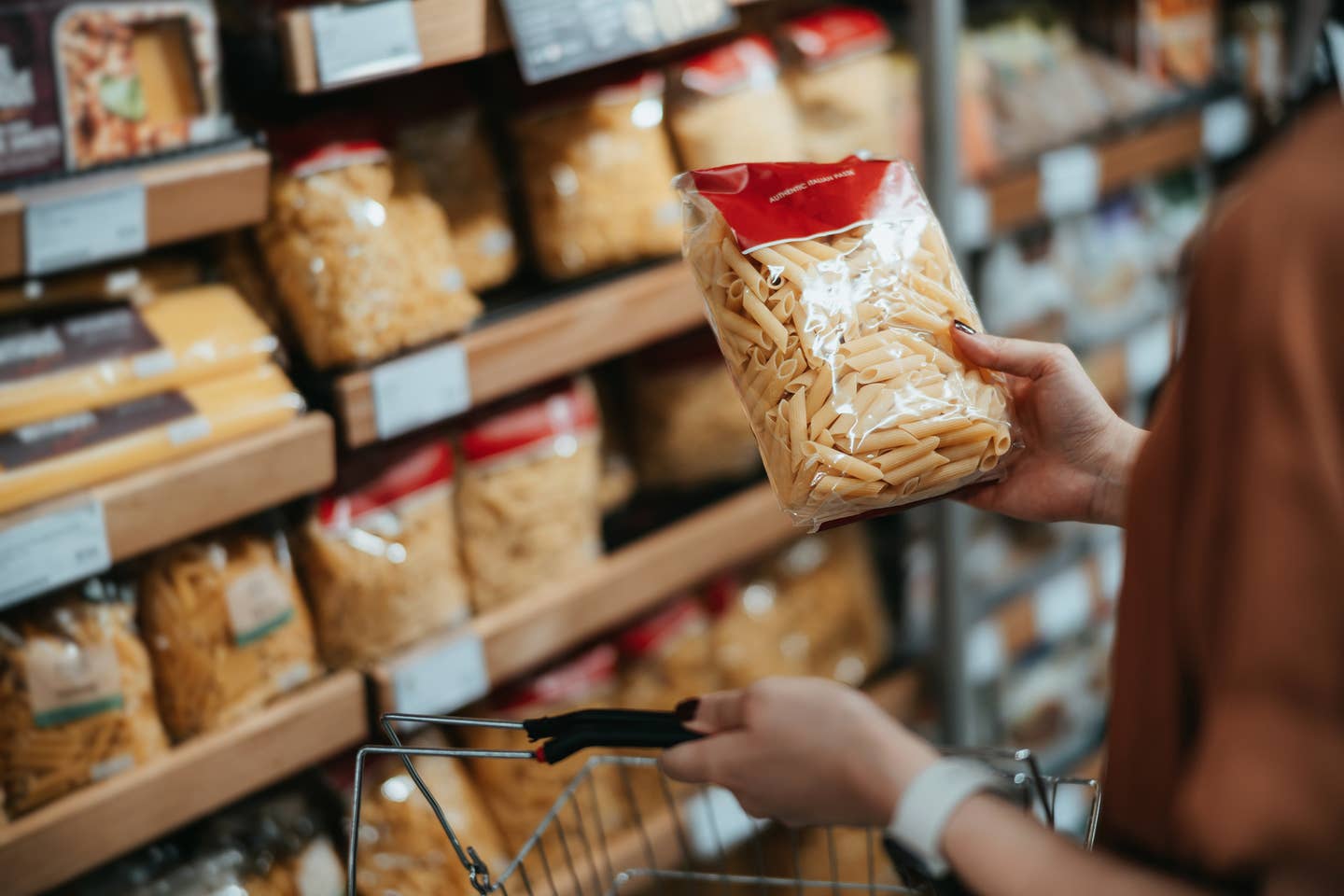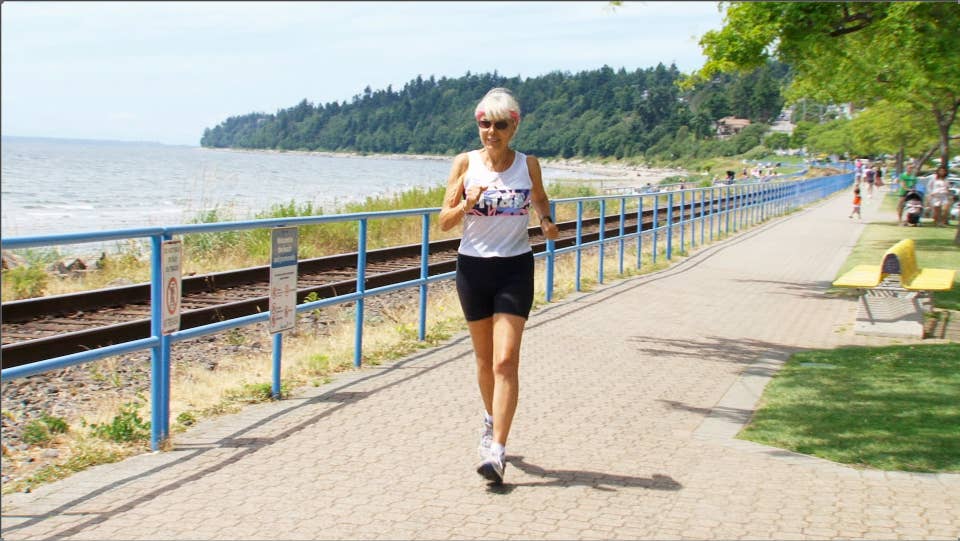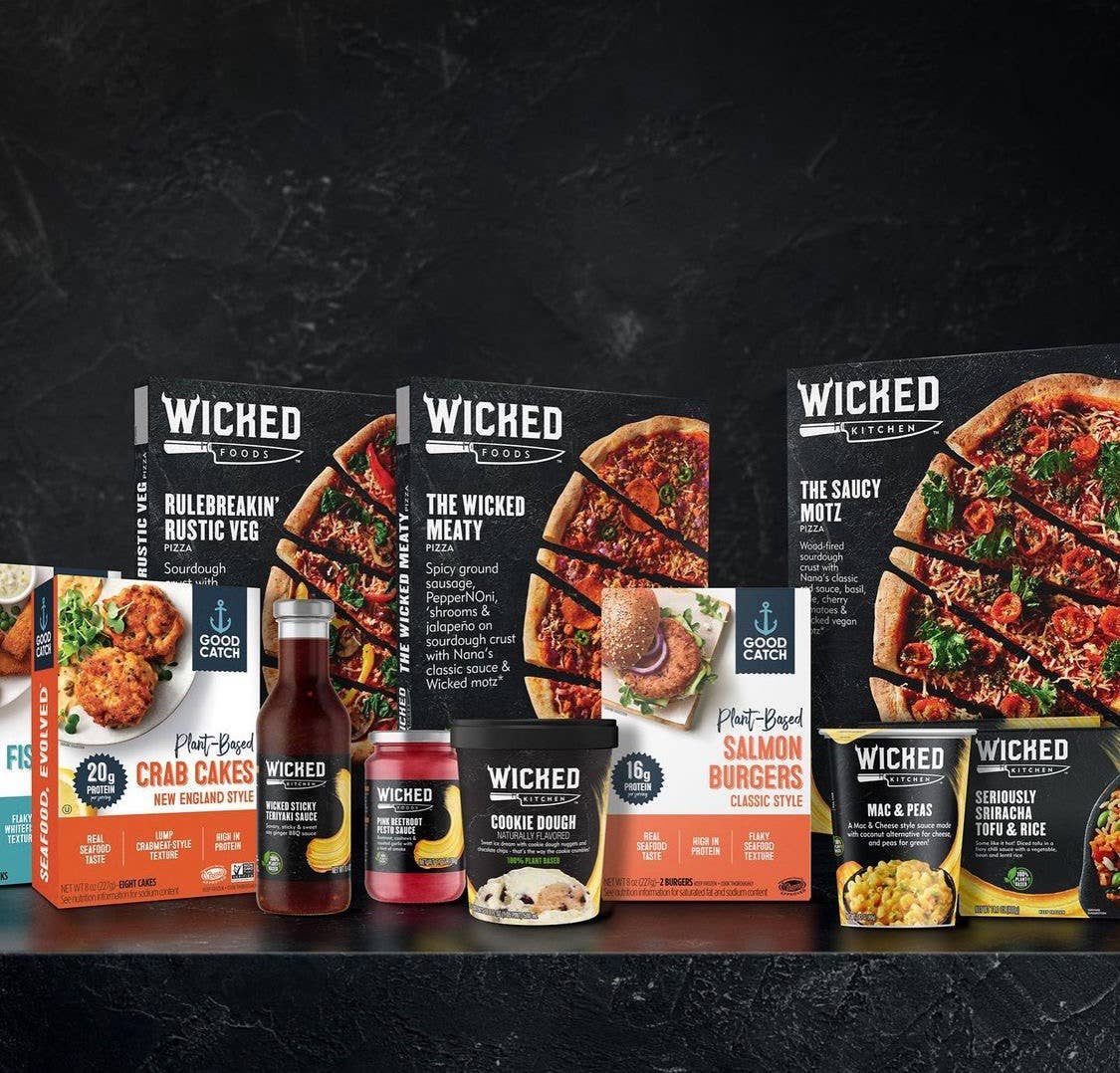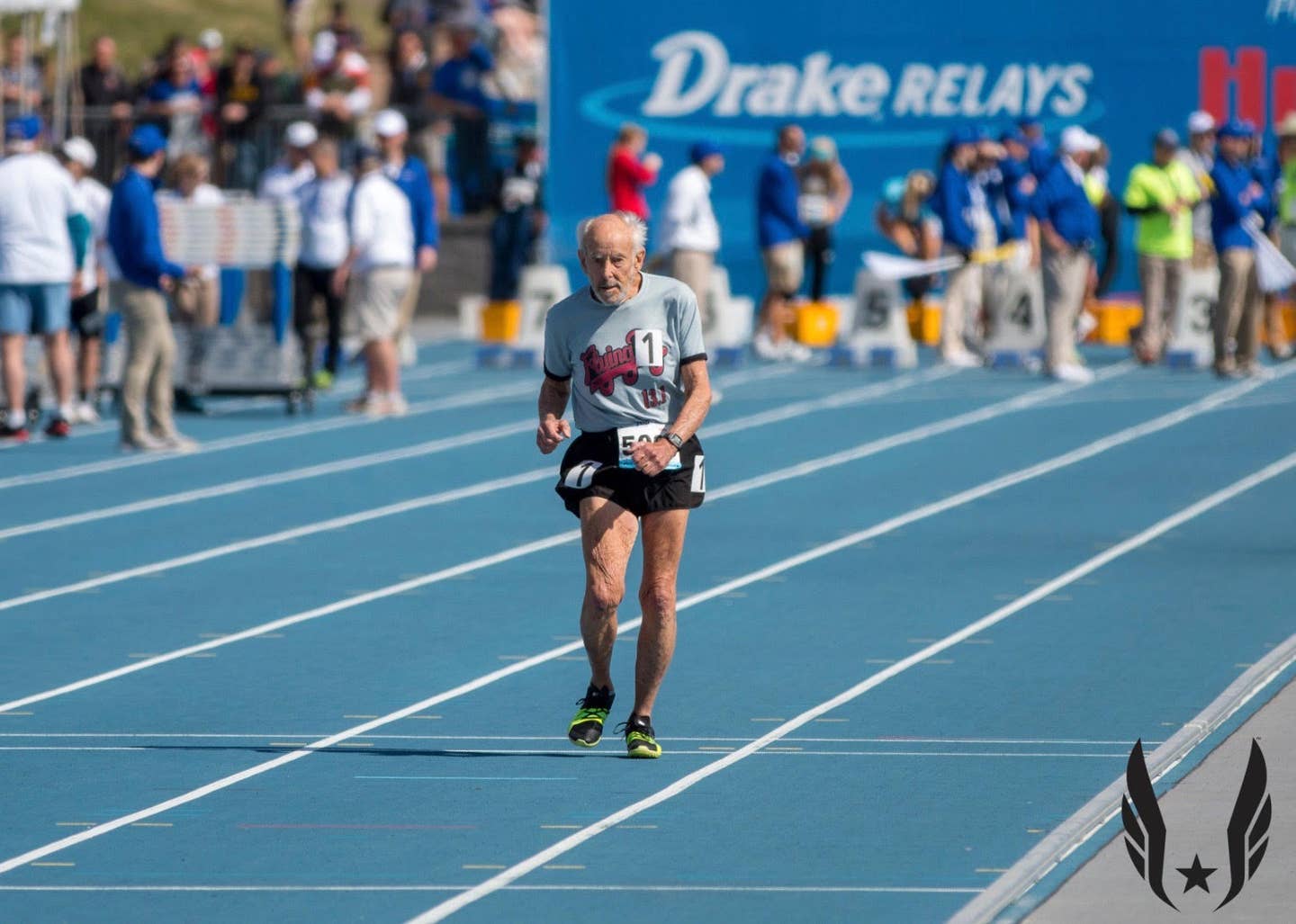
“Going Plant-Based Saved My Heart Health & Changed My Life” –Adam Slutsky
"In 25 to 30 years people are going to look back and say, “Wait, you used to eat animals?” – Adam Slutsky, entrepreneur, and co-founder of The Beet.
When The Beet co-founder Adam Slutsky was 42, his life changed dramatically. He had already launched MovieFone with a group of partners, brought it public, and sold it to AOL. He had been on the advisory board at Canyon Ranch and was President of Tough Mudder. He had annual physicals each year and tested his blood twice annually. It seemed he was a perfectly healthy person with a wife and three daughters. He had zero symptoms of heart disease. Canyon Ranch asked each of its board members to participate in an in-depth multi-day health assessment. All of the tests showed Adam was in superior health, until it came time for a then "new” CT Scan of the heart, which could detect the presence of plaque in the coronary arteries and yield a “calcium score.”
That's when everything changed. It turned out that his calcium score was in the 98th percentile, and that's not the number you want–or the end of the spectrum you want to find yourself on–since it meant that he had calcium deposits in the form of hardened plaque that can lead to blockages in the arteries. A score that high meant that he had a 90% chance of suffering a heart attack or stroke in the next 5 years.
Slutsky had full-blown heart disease at 42. He was shocked, since he had been fit and seemingly heart-healthy his entire life. Already a health-conscious eater, he had to focus even more on what he ate. The journey eventually led him to switch to a whole-food, plant-based diet, low in oil, and to become an investor in all things plant-based which included launching The Beet.
He created a new investment company, Gather Ventures, to support the entrepreneurs accelerating the shift to more plant-based food consumption, which will improve human health and the health of our planet and also reduce animal cruelty.
His take: You may think that with Beyond Meat enjoying a recent surge in its stock price and new plant-based cheese, or oat milk or creamer hitting the store shelves every day, that this plant-based movement is already in full swing. But Slutsky says: It's only just begun. "To say we are reaching a saturation point in plant-based eating is like saying – back in the 60s – that the embrace of computers was at its peak," he explains. "We are at the top of the first inning of the transition to consuming more plant-based foods. This is not a fad, but will be a long-term trend supported by multiple pillars,” says Slutsky.
Now healthy and plant-based, Slutsky is living proof of the benefits of switching to a plant-based diet to slow down and even reverse symptoms of cardiovascular disease. Because of the events of his life, The Beet–an idea that he and the lead partners at 25madison startup studio in New York incubated together–could launch to help others get further along on their plant-based journeys and do well by doing good. It debuted in January and took off.
This personal story has had the impact of changing the lives of others, by creating a hub for plant-based information, news, and inspiration, covering all nature of emerging health research, medical studies, and related content that will help people to consume more plants–and adopting this new way of eating at their own speed–for the sake of their health. Like Slutsky, millions of people want to take control of their lifestyle and live healthier, by switching to a plant-based diet, and The Beet helps them achieve their optimal health goals through dietary changes. Slutsky tells how going plant-based changed his life (perhaps even saved his life) and his life's work.
Q: Why are you invested in plant-based products such as The Beet? What's the goal?
AS: "I was 42 and on the advisory board of Canyon Ranch, the wellness resort company. I was very fortunate that they asked the board members to take a multi-day health assessment. It was going great until the last test, when the medical director said 'We need to talk.'
"Now commonly known as a calcium score, it was a test to see the level of calcium, if any, has built up in the arteries around the heart. Calcium is the byproduct of hardened plaque, which is a predictor for heart attacks.
"I thought: How is this possible? There's no heart disease in my family. But I was an anomaly. I was already a healthy eater. I was already drinking soy milk and frozen yogurt instead of ice cream for dessert back in the early 2000s. We decided we were going to track the progression of my heart disease non-invasively, via semi-annual stress tests and sonograms.
"After years of passing stress tests, a new day dawned on a stress test in 2013. My cardiologist said, 'How do you feel? Are you okay? Though you are hitting your target heart rate, your heart is beginning to act in a way indicative of struggling for oxygenated blood. I felt fine and had no other symptoms.
"So the next day they did a catheterization. I was 49, fit and healthy, and when the procedure was done the head of the cath lab said, "I'm sure glad we went in." My left anterior descending artery, known as "the widowmaker," was about 90 to 95 percent blocked, so they put a stent in there, and they had found another artery that was blocked 85 percent, and then a third that was 65 percent blocked. He said I didn’t need a stent in the third one.
"Beginning around 2008, my doctors and I had discussed the possible benefits of going 100 percent plant-based. But at that time, since I continued to easily pass my stress tests, it was not clear what benefit it might provide. I had been on a low-dose statin and baby aspirin since I was 42 and my cholesterol was low. But now, it was time to make a change.
Q. So you decided to go plant-based for your heart health?
AS: "When I first heard about the benefits of plant-based eating and heart disease, it was 2006, when T. Colin Campbell published The China Study. By that time I had also read some studies published by others, including Dean Ornish. It seemed to me that we were on the cusp of learning that plant-based eating could be a material benefit to human health. The medical community kept saying: We're seeing more and more data that if someone has heart disease, then it seems like a plant-based diet not only stops it, but in many cases reverses it.
"After the stents were placed in heart, my doctors and I discussed going 100 percent plant-based. Within minutes, my main cardiologist at Columbia said: If I were you, I would do Dr. [Caldwell] Esselstyn's program." I knew of Dr. Esslestyn’s work at the Cleveland Clinic and knew his story from the documentary Forks Over Knives. I said: "Okay," and I was all in from that moment on.
"At the time they put in my stents the doctors also performed a sonogram of my carotid arteries and they could see these were about 25 to 30 percent blocked. That was to be expected since we already knew there was an accumulation of plaque in my coronary arteries. They said: We will continue to take sonograms of your carotid’s each year and see if the restrictions stay constant or decrease now that you are going 100 percent whole food plant-based.
"Nothing else material in my life had changed except what I ate. One year later, the carotids were only 20 to 25 percent blocked. So it showed reversal, and the soft plaque was being reabsorbed. It is not 100 percent clear why the reversal happens, but it's working for me, so I stay the course."
Q: How did you come to start Gather Ventures and be a co-founder of The Beet?
AS: "I went to Tough Mudder, as I wanted to get involved in the fitness/wellness space. Once we learned my heart disease was reversing, I began to realize that what we eat may have more to do with the quality of our lives than physical fitness–as it did in my case. I knew millions of people were dying each year from heart disease, and it was obvious to me that the vast majority of people were not even aware of the impact a plant-based diet could have on the disease. I began to think about what I could do that would help people understand the benefit of eating more plants.
"The question became: Could I both make the world a better place by spreading the word, and helping people to consume more plants, and do it in a manner that is economically sustainable as a business. I was trying to figure out how I could leverage my entrepreneurial experience and my skill set to do good for humanity and our planet.
AS: "In 2018 I began meeting with a lot of entrepreneurs who were creating companies in the plant-based food ecosystem. Unlike entrepreneurs I have known in tech and media, most of the food-related entrepreneurs came from a culinary or hospitality background and did not have the business network to assist them in building their businesses. I found that these entrepreneurs were asking me a lot of basic start-up questions and I started helping several of them. By giving them my time, I learned which ones had the greatest opportunity and where I could add the most value. I invested in a few of these companies and found the model worked and I wanted to scale it by doing more of it.
"From a commercial perspective, investing in a few plant-based businesses diversified my risk across the sector, something which I preferred. At Gather Ventures we are not 'spraying and praying,' as most seed-to-early-stage venture firms do. We invest in only three or so businesses a year and then become very involved in the day to day of each business. In our first year, we have launched The Beet and also made investments in Parmela Creamery, an amazing cashew-based cheese company, and the media and information company, Forks Over Knives.
Q. What about The Beet? When we met last spring, the idea was well-formed.
AS: "I had this idea for what I called a “plant-based portal,” which would be an information, media, and community-based company, accessible to anyone who wants to learn more about plant-based eating. Though I wanted to launch Gather Ventures as a venture capital firm, I did not want to leave behind the opportunity to build this plant-based portal.
"I had been talking with my friends at 25madison about the concept of the plant-based portal and we both began to develop it a bit and soon after, we agreed to all jump in and provide it with capital. Thankfully, the team we put together quickly came up with The Beet as the product and company name.
"I believe that one of the most important things we can do to improve human health and help the environment, which also helps the moral issue of animal cruelty, is to support the entrepreneurs building businesses that educate and/or encourage people to consume more plants. It is not our goal to turn the world vegan; that is an unrealistic goal. The big win is to get everyone to eat more plants. If someone eats one more plant-based food a month that is progress, if someone else eats one more plant-based meal a week, even better, and if someone eats one more plant foods every day, better still. Each step will make a difference and each step will help to move the proactive behavior into a new pattern.
"In order to make the biggest impact, we need to focus on especially those who are interested in eating better and making an impact. The change we can make is: If everyone consumes 15 percent more plants, that has much more impact than tripling the number of vegans from 1percent to 3 percent of the population.
Q. So how is investing going? Are you seeing more plant-based launches?
AS: "The fund has been up and running for 5 months. We have already had 37 or so pitches. The initial goal was to see 70 to 80 companies a year, so we are already ahead. There is not a lack of opportunity. There are a lot of great ideas out there and we focus our evaluation on the founding team, the product, the market size, and the degree of sustainable advantages. I personally prefer companies with two or three founders and who have been in business for at least 18 months or so. Co-founders provide thought diversity, usually skill diversity, and built-in support–and they have demonstrated they work well together–which I believe increases the odds that they will continue to move together as one.
"Often folks think of Gather Ventures as investing in plant-based food products. While that is true, it is only half the puzzle. We look at anything that helps users consume more plants. It can be a product or media company or food-as-a-medicine idea, or a facility to make more plant-based products.
"I am interested in companies that are promoting healthy consumption of plant-based food products. So the more whole the food is, the better, so we try to stick to foods that are not heavily processed. We also stay away from plant-based products that are known to be problematic to large segments of the population, such as coconut oil, which appears to be detrimental to anyone who has a predisposition to developing heart disease or already has it. If something tastes better than the traditional alternative but is not healthy, we won’t invest in it. Similarly, if something is plant-based and at a lower price point than the alternative but not particularly healthy, we won’t invest in it. Since we focus on health and the evidence clearly points to issues with various animal proteins for large segments of the population, we don’t invest in lab/cell-based proteins, to the extent that the protein basis is the same as the animal it is meant to replace.
Q. With regard to health, do you start with a focus on all things heart-healthy?
AS: "Based on my own experience I am biased to protect against heart disease. But I am a data hound as well, so I know heart health would always be a driver, since heart disease is the number one cause of death in the western world, larger than the big five cancers combined. It is fairly settled fact in the medical community that the saturated fats in coconut are dangerous to many people, so I personally, and we at Gather, stay away from most coconut-based products. But for the person whose focus is only the environment, they may embrace coconut fat as a replacement to animal fat. But I do think over the next few years more people will be more focused on health, because of its immediate impact and the enormous amount of new data supporting it.
"It's hard to be in a business that is doing good in the world and not harming someone. But as far as I can tell, there isn’t any harm in shifting 200 calories a day from animal to plant products–provided one is not allergic to a particular plant. It helps the planet and human health. And for anyone who cares about animal cruelty, you get that benefit as well [from eating more plants].
"I feel blessed... not that I got heart disease, but that because of it, I found the path I am on. I think in 25 to 30 years many people are going to look back and say, “wait, you used to eat animals?”
"In the world of investing the first step is to identify an advantaged industry. The plant-based sector is disrupting the second largest industry on the planet, i.e food. It won’t happen overnight and will continue to grow at multiples of GDP for years to come. People will keep shifting towards plants because they will feel and be better and because it improves our environment.
"Everyone thinks we are so far along in this game. The first batter is taking practice swings. That is how early it is in the scheme of things. It's like David Packard [of Hewlett Packard] in the 50s, saying 'Do you really think that you've already missed out on this whole new computer thing?' There is so much opportunity in front of us. I am leaning forward on that."
More From The Beet

